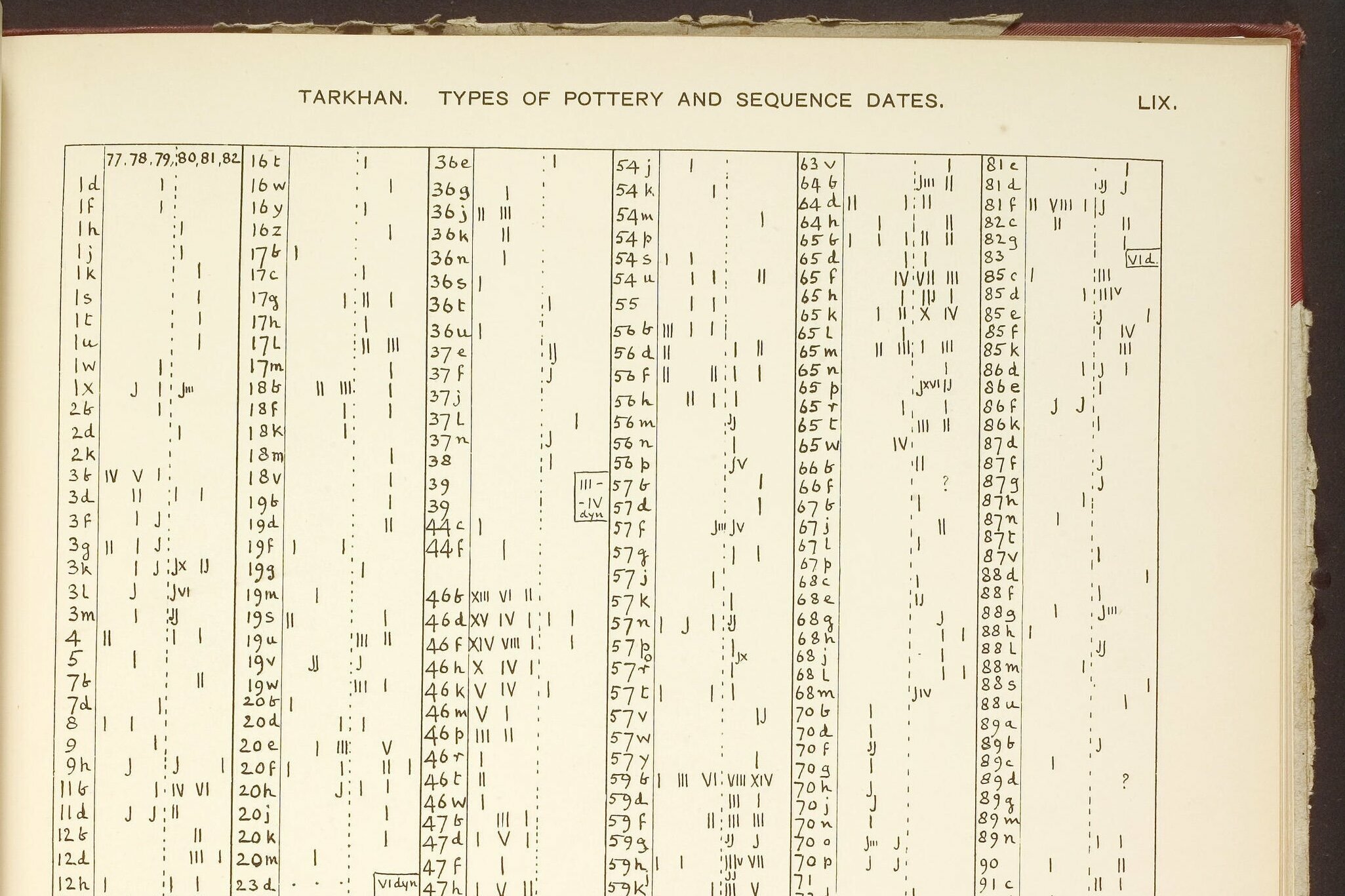Felix Lüttge is a historian of science and information. He studies the history of the marine, earth, and life sciences, the media history of archaeology, and the history of colonial science and bureaucracy. His first book, Auf den Spuren des Wals, published with Wallstein in 2020, is an epistemic history of whaling in the nineteenth century and shows how knowledge moved between whalers, naturalists, and administrative institutions. A book-in-progress looks at the media history of archaeology’s environments in England and the British Empire. Felix’s research has been published by Configurations, The British Journal for the History of Science, Berichte zur Wissenschaftsgeschichte, and Fotogeschichte.
Felix received his PhD in Cultural History and Theory from Humboldt University Berlin in 2018. He was a postdoctoral researcher at the Department of Media Studies at the University of Basel, a Visiting Fellow at Harvard University’s Department of the History of Science, and the recipient of a Feodor Lynen Scholarship by the Alexander von Humboldt Foundation. Felix joined the German Historical Institute London in 2025.
Research Project
Excavation and Notation
A History of the Archaeological Record, 1890–1980

Metaphors of readability have been central to scholarly descriptions of the world: the book of nature, the genetic code, the archaeological record. Yet there is no book of nature without writing tools, no archaeological record without recording devices. My project investigates the sites, objects, and subjects of archaeological knowledge produced by notation systems and paper technologies. I examine how media technologies established relationships between archaeological finds to reveal the media history of changing conceptions of archaeological ‘contexts’: How have different notation systems, colonial bureaucracies, and political economies of empire contributed to forging archaeology’s big picture(s) of material and cultural evolution, prehistoric modes of production, and ancient ecologies?
Responsibilities at the GHIL
- Research Fellow in Colonal and Global History
- GHIL Bulletin
Research Interests
- History of the marine, earth, and life sciences
- History of archaeology
- Science and empire
- Media historiographies
- Histories of data
- Eco-epistemologies
Education and Academic Background
| 2025– | Research Fellow, German Historical Institute London |
| 2018–2025 | Postdoctoral Researcher and Lecturer, Department of Media Studies, University of Basel |
| 2014–2018 | PhD in Cultural History and Theory, Humboldt-University Berlin |
| 2011–2013 | MA in History, Humboldt-University Berlin |
| 2007–2011 | BA in History and Philosophy, Humboldt-University Berlin |
Fellowships, Grants, and Scholarships
| 2023–2024 | Feodor Lynen Postdoctoral Fellowship, Alexander von Humboldt Foundation |
| 2015 | Visiting Fellow, Department for the History of Science, Harvard University |
| 2014–2018 | Gerda Henkel Stiftung Dissertation Scholarship |
Publications
Monographs and Edited Volumes
Auf den Spuren des Wals: Geographien des Lebens im 19. Jahrhundert (Göttingen, 2020, 2nd. edn. 2020)
with Felix Vogel (eds.), Was ist Universität? Zwölf Antworten aus Basel (Zürich, 2021) (Read here).
Articles and Chapters
'Seas of Data; or, The Oceanographer in the Archive', Configurations, 31:3 (2023), 197–227 (Read here).
'Datenmeere: Ozeanographie im Archiv', in Iris Schröder, Felix Schürmann and Wolfgang Struck (eds.), Jenseits des Terrazentrismus. Kartographien der Meere und die Herausbildung der globalen Welt (Göttingen, 2022), 57–85.
'Indizienbeweise: Spekulative Geographie auf den Spuren des Wals', Geschichte in Wissenschaft und Unterricht, 72:11/12 (2021), 645–659 (Read here).
with Felix Vogel, 'Was war Universität? Medien, Architekturen, Kulturtechniken', in Felix Lüttge and Felix Vogel (eds.), Was ist Universität? Zwölf Antworten aus Basel (Zürich, 2021), A1–A13 (Read here).
'Sezieren', in Antonia von Schöning, Mario Wimmer and Markus Krajewski (eds.), Enzyklopädie der Genauigkeit (Konstanz, 2021), 440–449.
'Jagende Forschung: Walfang und Fotografie', Fotogeschichte, 40:156 (2020), 33–42.
'Wieder gelesen: Cornelia Vismann, “Akten” (2000)', Administory: Zeitschrift für Verwaltungsgeschichte, 4 (2019), 176–182 (Read here).
'Whaling intelligence: News, Facts and US-American Exploration in the Pacific', The British Journal for the History of Science, 52:3 (2019), 425–445 (Read here).
'Walverwandtschaften: Leben in feindlichen Milieus', in Florian Huber and Christina Wessely (eds.), Milieu: Umgebungen des Lebendigen in der Moderne (Paderborn, 2017), 88–104 (Read here).
'Weniger schlechte Bilder. Walfängerwissen in Naturgeschichte, Ozeanographie und Literatur im 19. Jahrhundert', Berichte zur Wissenschaftsgeschichte, 39:2 (2016), 127–142 (Read here).
Reviews and Miscellaneous Publications
‘Zweiter Frühling der Barbaren’, Berlin Review, 11 (2025) (Read here).
‘Gezeitenwende’, Berlin Review, 6 (2024) (Read here).
Review of Maximilian Georg, Deutsche Archäologen und ägyptische Arbeiter: Historischer Kontext, personelle Bedingungen und soziale Implikationen von Ausgrabungen in Ägypten 1898– 1914, German Historical Institute London Bulletin, 46:2 (2024), 98–102 (Read here).
‘Kalifornien ist mit sehr wichtig’, Berlin Review, 1 (2024) (Read here).
Review of Jürgen Elvert and Martina Elvert, Agenten, Akteure, Abenteurer: Beiträge zur Ausstellung ‘Europa und das Meer’ am Deutschen Historischen Museum Berlin', The International Journal of Maritime History, 31:2 (2019), 430–432.
Review of Mareike Vennen, Das Aquarium: Praktiken, Techniken und Medien der Wissensproduktion 1840–1910, H-Soz-Kult (15 February 2019) (Read here).
Review of Pascal Schillings, Der letzte weiße Flecken: Europäische Antarktisreisen um 1900, Berichte zur Wissenschaftsgeschichte, 40:3 (2017), 291–293.
Review of Jacques Derrida, Das Tier und der Souverän II: Seminar 2002–2003, Philosophie Magazin, 5 (2017).
Review of Judith N. Shklar, Der Liberalismus der Furcht, die tageszeitung (8 February 2014).
Review of Christian Holtorf, Der erste Draht zur neuen Welt: Die Verlegung des transatlantischen Telegrafenkabels, Süddeutsche Zeitung (22 October 2013).
Review of Jan von Brevern, Blicke von Nirgendwo, Süddeutsche Zeitung (3 July 2012).
 Dr Felix Lüttge
Dr Felix Lüttge